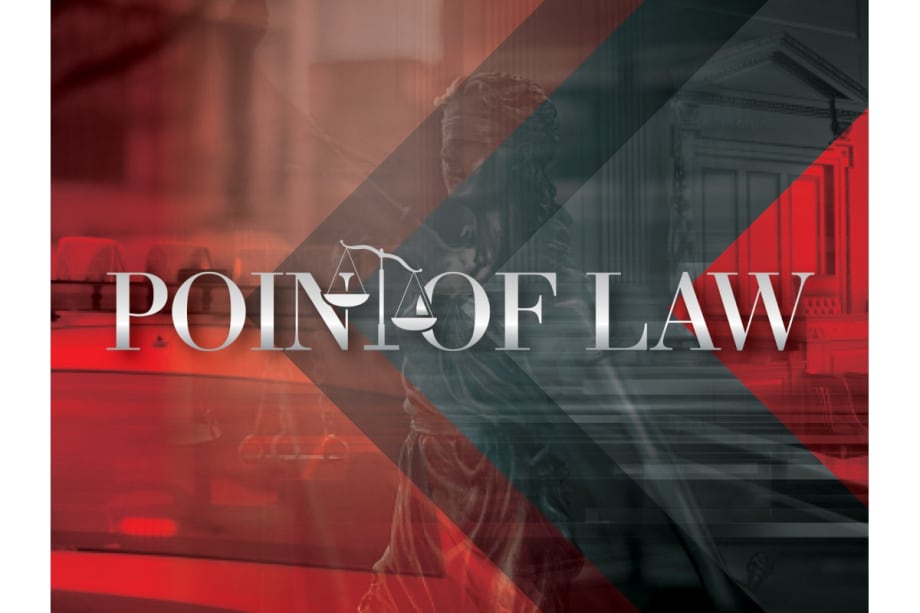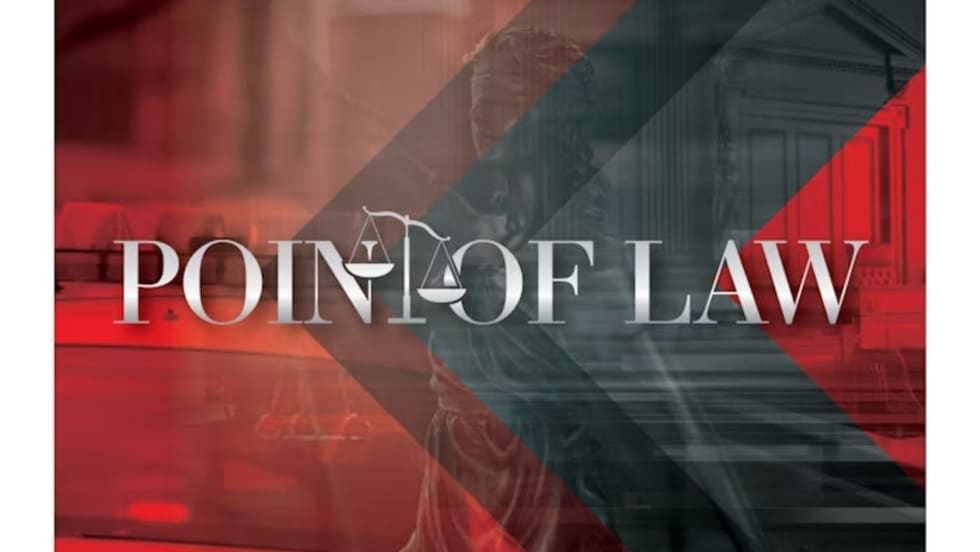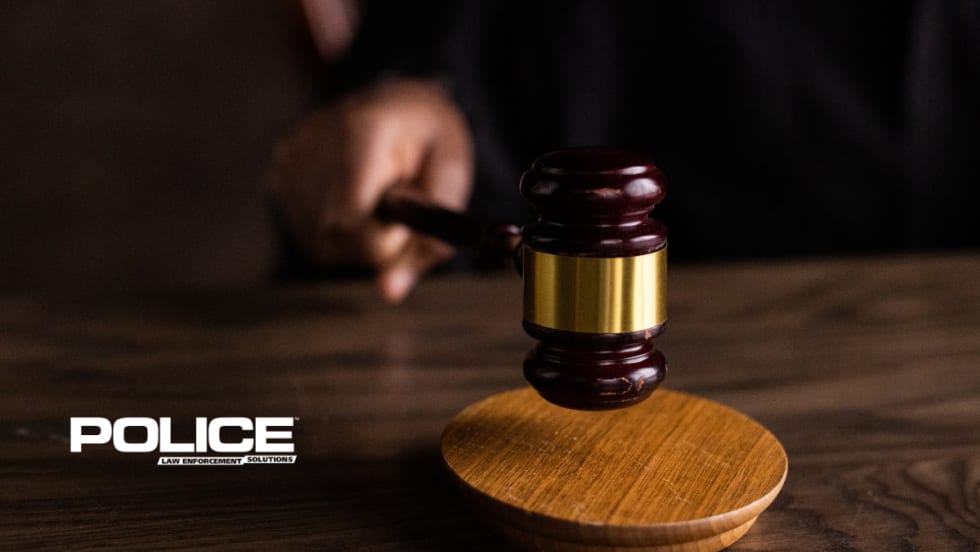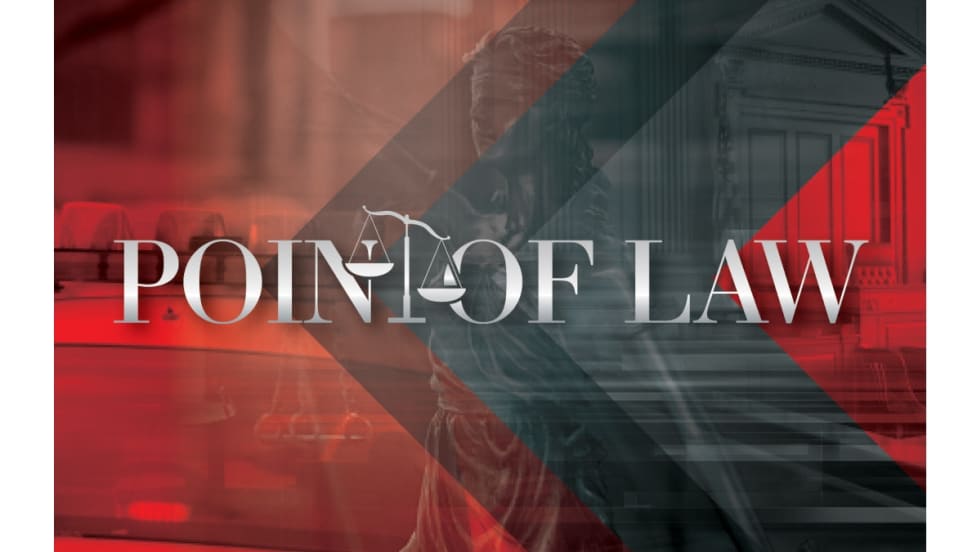Make sure your policies protect the constitutional rights of the detainee and comply with the law.
The problem in this case arises shortly after a Florida OUI arrestee arrived at the booking facility and blew a .00. Which brings up two important concerns. First, what is your agency’s practice with regard to the release of an arrestee once it is determined that the arrest may be faulty? Second, what procedures do you have in place to ensure your policies meet constitutional muster?
FACTS
In the early morning hours of March 15, 2014, Seminole County (FL) Sheriff’s Deputy Sara Macarthur observed a vehicle stopping at a green light and then continuing on at a slow speed. Suspecting an operator under the influence, the deputy followed the vehicle for awhile and then activated her emergency lights and pulled it over so she could speak with the driver.
The deputy testified that during the stop the driver’s eyes appeared glassy and bloodshot, she seemed a bit incoherent and fumbled for her driving documents.
The deputy had the driver, Seana Barnett, step from the car and she conducted a number of field sobriety tests. Barnett had trouble completing the tests and explained to the officer that this was due to injuries she had sustained in an earlier accident. Disregarding Barnett’s claim, Deputy Macarthur placed her under arrest and transported her to the county detention center.
Once at the center, Barnett was administered two breath tests; she blew a .00 on both tests. Barnett was then administered a urine test, even though there was no suspicion of drug use by either the arresting officer or detention staff. The tests came back negative for drugs four weeks after the test was administered. Following the administration of the urine test at the detention center, Barnett signed a “Written Promise to Appear.”
But this was still not the end of Barnett’s stay at the Seminole County Detention Center. Based on SCSO policy, OUI arrestees are required to be held for a minimum of eight hours following their arrest. This requirement includes detainees who blow a .00 on their breath sample. Barnett was held, but the prosecutor declined to prosecute the OUI charge and the charges were dismissed.
After her release Barnett filed a Section 1983 claim against Deputy Macarthur for False Arrest and Malicious Prosecution and a Monell claim, which can be filed when a plaintiff is alleging that there was an official policy or practice that resulted in a constitutional violation, against the sheriff. She alleged that the eight-hour hold policy was a violation of her Fourth Amendment protections.
The trial court granted summary judgment in favor of the Seminole County Sheriff, finding that the policy followed a state law that allowed a OUI arrestee to be held up to eight hours after the arrest.
A jury trial was held concerning the claims against Deputy Macarthur and the jury returned a defendant’s verdict in favor of Macarthur.
Barnett then appealed the summary judgment motion granted in favor of the Sheriff.
ELEVENTH CIRCUIT FINDINGS
In this case, Barnett alleged in her Monell claim that the mandatory eight-hour hold policy violated her Fourth Amendment protections. Because the sheriff is the policy maker for the agency, the sheriff could be found liable.
The sheriff first argued that the policy was written in conformance with Florida Statute 316.193(9). That statute provided three release options for OUI arrestees. The statute provides that an OUI arrestee may not be released until:
* The person is determined to be no longer under the influence; or
* The person’s BAC level is below .05; or
* 8 hours have elapsed since the person was arrested.
The court observed that the statute allows officers to use their discretion within the context of one of the three factors to determine whether release is appropriate. In contrast, the agency policy left no room for discretion and required that officers hold all OUI detainees for the full eight-hour period. Under these circumstances, the sheriff could not rely on the statute to defend the policy.
The sheriff then argued that he cannot be held liable under Monell because the jury found in favor of Deputy Macarthur. Typically, if the offending officers are cleared of the underlying constitutional claims, the Monell claims against the agency head are also dismissed. But there are several exceptions. The Court determined that the extended detention was a direct result of the agency’s policy, and the officers had no discretion to deviate from that policy. Furthermore, the claims against the deputy were founded on the initial stop and arrest. Under these circumstances the jury verdict in favor of the deputy “could not insulate the Sheriff from a Section 1983 claim under Monell for the 8-hour mandatory hold policy.”
TAKEAWAYS
This case went back to the trial court to determine the sheriff’s liability. Note: agency heads sued in their “official capacity” are not afforded the qualified immunity defense.
So, let’s again review the two important issues here. First, how does your agency deal with the release of arrestees once the basis for probable cause that supported the initial arrest is brought into question? Whether you follow the Daigle Law Group directive or have your own agency policy, it is important to cover this issue and be sure to follow your guidelines when you run into this situation.
Second, myriad issues arise when developing good agency policies and procedures. One critical factor is to make sure the directives meet constitutional muster. If you are going to rely on a statute to defend your agency practice, then it is important that your policy accurately reflect the mandates of the statute.
Eric Daigle is founder of Daigle Law Group, LLC, a firm that specializes in law enforcement operations. A former Connecticut State Police officer, Daigle focuses on civil rights actions, including police misconduct litigation. He is a legal advisor for police agencies across the country and member of the POLICE Advisory Board.






